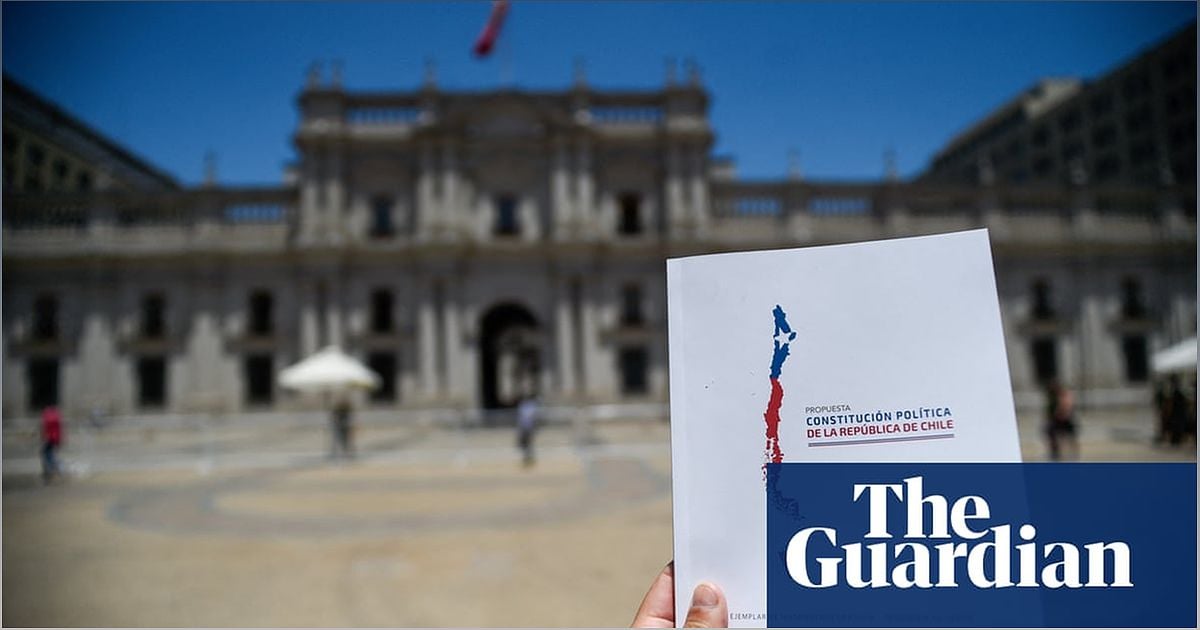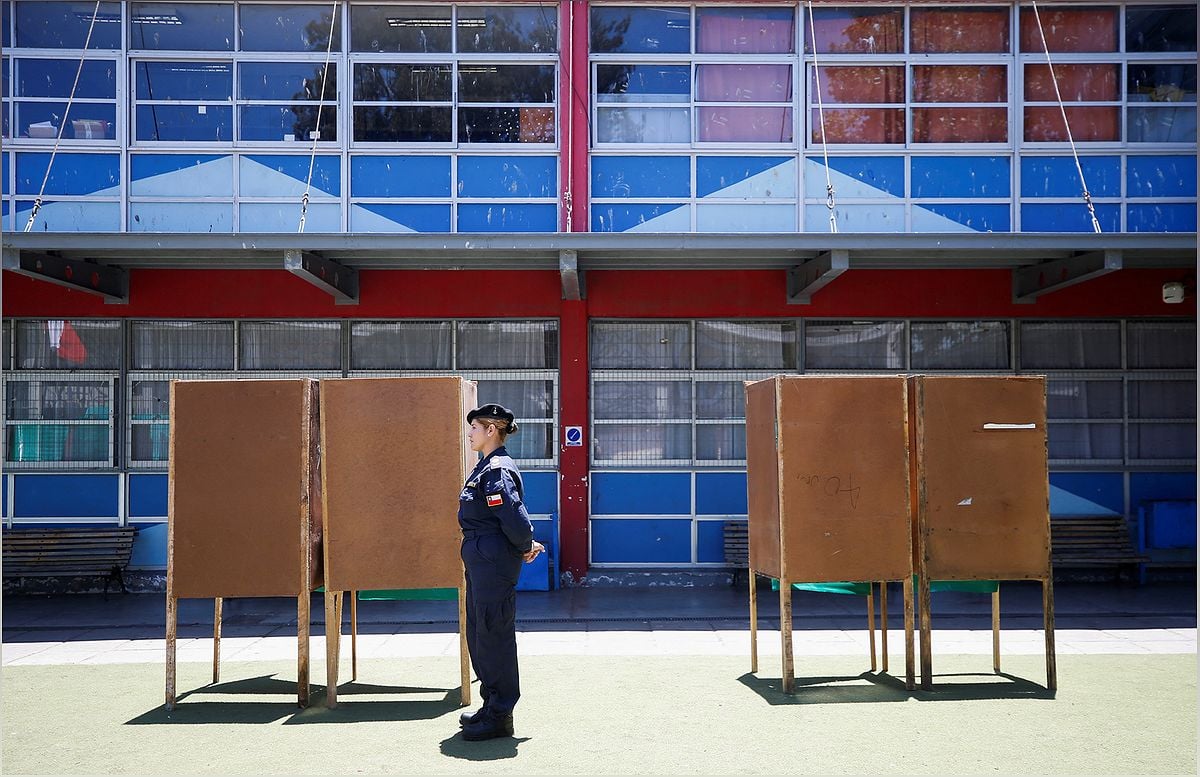The Impact of Chile’s Proposed New Constitution: Concerns and Consequences
As Chile prepares for a nationwide referendum on a new constitution, concerns are being raised about the potential consequences of its approval. Activists and analysts warn that if the proposed draft is accepted, it could have detrimental effects on various aspects of society. Children, women, the environment, and the welfare state are among the groups that may suffer. Join us as we delve into the details of this draft and explore the concerns surrounding its creation. Discover why critics argue that the proposed constitution, written by a gender-equal council controlled by the far-right Republican party, resembles a party manifesto. We’ll also examine the controversial provisions related to national symbols, homeschooling, and protection of private property. Furthermore, we’ll shed light on the potential implications for abortion rights, which could face criminalization if the new constitution is approved. Women’s rights activists express their concerns, highlighting the setback this proposal represents for the hard-fought rights of Chilean women. With the final polls indicating a likely rejection of the proposal, the future of Chile’s constitutional process remains uncertain. President Gabriel Boric has stated that there will be no new constitutional process before his term ends in 2026. Stay informed about this critical referendum and its potential impact on Chilean society.
The Need for a New Constitution
Since the 1980 constitution was written during Augusto Pinochet’s dictatorship, Chile has undergone significant changes. The call for a new constitution stems from the desire to replace a document that no longer reflects the values and aspirations of the Chilean people. It is seen as an opportunity to address historical injustices and create a more inclusive society.

One of the key motivations for a new constitution is to establish a stronger foundation for democracy and human rights. Activists argue that the current constitution has limitations that hinder progress in areas such as social welfare, gender equality, and environmental protection. By drafting a new constitution, Chile aims to build a more equitable and sustainable future.
Concerns for Children’s Rights
Child advocates express concerns about the potential consequences of the proposed constitution on children’s rights. They argue that the new draft fails to prioritize the best interests of children and may undermine existing protections.

Educational Opportunities
One of the main worries is the impact on educational opportunities. Critics fear that the proposed constitution could lead to a reduction in funding for public education, widening the gap between privileged and underprivileged children. This could perpetuate social inequality and hinder equal access to quality education.
Child Welfare and Protection
The new draft also raises concerns about child welfare and protection. Activists argue that the proposed constitution does not provide adequate safeguards for vulnerable children, potentially leaving them more exposed to abuse, neglect, and exploitation.
It is crucial to consider the potential consequences for children’s rights when evaluating the proposed constitution and its impact on society as a whole.
Implications for Women’s Rights
Women’s rights activists are deeply concerned about the implications of the proposed constitution for gender equality and women’s rights. They argue that the new draft represents a significant setback for the progress made in recent years.

Abortion Rights
One of the most contentious issues is the provision related to abortion. The proposed constitution includes clauses that could potentially lead to the criminalization of abortion, limiting women’s reproductive rights and autonomy over their bodies.
Gender Equality
Furthermore, critics argue that the new constitution fails to prioritize gender equality and does not adequately address issues such as pay equity, domestic violence, and discrimination against women. This raises concerns about the potential erosion of hard-fought rights and protections.
It is crucial to consider the potential setbacks for women’s rights when evaluating the proposed constitution and its impact on gender equality in Chile.
Environmental Concerns
Environmental activists raise alarm bells about the potential consequences of the proposed constitution on environmental protection and sustainability. They argue that the new draft does not go far enough in addressing the urgent need for climate action and ecological preservation.

Climate Change Mitigation
One of the key concerns is the lack of strong provisions for climate change mitigation. Critics argue that the proposed constitution should include clear commitments to reduce greenhouse gas emissions, promote renewable energy, and protect natural resources.
Environmental Rights
Furthermore, activists emphasize the importance of recognizing and protecting environmental rights in the new constitution. This includes the right to a clean and healthy environment, as well as the rights of indigenous communities who have a deep connection to the land.
It is essential to consider the potential impact on the environment when evaluating the proposed constitution and its commitment to sustainability.
The Future of Chile’s Constitutional Process
As Chileans prepare to cast their votes in the nationwide referendum, the future of the constitutional process hangs in the balance. The final polls indicate a likely rejection of the proposed constitution, but the implications of this outcome remain uncertain.
Continued Reforms
If the proposed constitution is rejected, it is unclear what the next steps will be. President Gabriel Boric has stated that there will be no new constitutional process before his term ends in 2026. However, this does not rule out the possibility of further reforms and amendments to the existing constitution.
A New Era
If the proposed constitution is approved, it would mark a significant turning point in Chile’s history. The country would embark on a new era with a revised framework that aims to address the concerns and aspirations of its citizens.
Regardless of the outcome, the referendum serves as a crucial moment for Chilean democracy and the ongoing pursuit of a more just and inclusive society.
